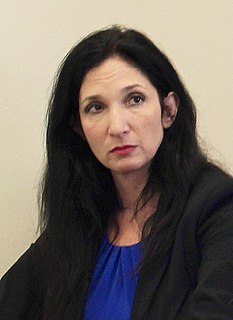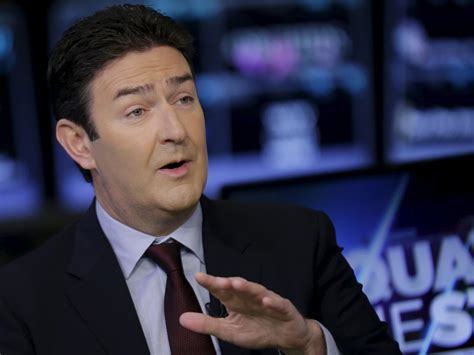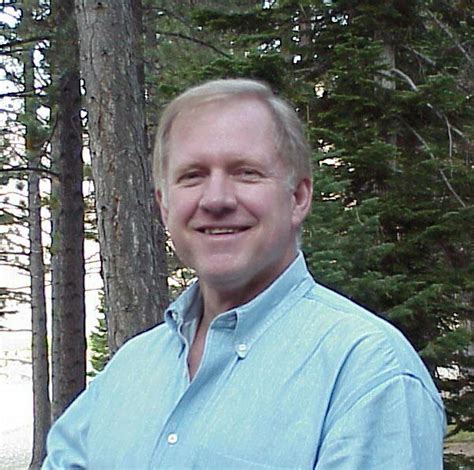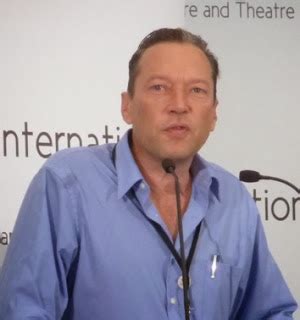A Quote by Nomi Prins
Basically, markets don't like uncertainty.
Quote Topics
Related Quotes
There is a bit of a problem with the match between derivative securities markets and the primary markets. We have long ago instituted principles, essentially high margin requirements, to prevent certain instabilities in the stock market, and I think they're basically correct. The trouble is that there's a linkage, let's say, between something like the stock market and the index futures markets, and the fact that the margin requirements are very different, for example, played some role in the October '87 crash.
On the one hand, you have markets such as Singapore and Thailand, with an extremely strong inbound booker market and a well-developed tourism industry. You also have markets that are just opening up to tourists, like Myanmar, that have massive growth potential and then markets that are extremely fragmented within themselves such as Indonesia.



































